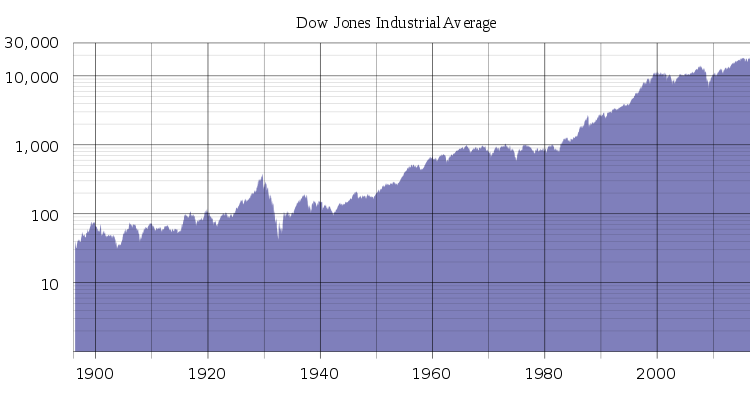Landmark decision brings new hope for treating genetic conditions
- FDA approves world’s first Crispr gene-editing drug for sickle-cell disease
- Landmark decision for treating genetic conditions
- Crispr technology offers a powerful tool for modifying genes
- Gene-editing revolution moves from lab to marketplace
The U.S. has made a groundbreaking decision by approving the world’s first medicine that utilizes Crispr technology. This Nobel Prize-winning discovery offers a powerful tool for modifying genes to treat diseases, particularly genetic conditions that are difficult to address. This landmark decision marks a significant step in the gene-editing revolution, as it moves from the laboratory to the marketplace.
Public Companies:
Private Companies:
Key People:
Factuality Level: 8
Justification: The article provides a brief overview of the approval of the world’s first medicine employing Crispr technology. It mentions that Crispr is a Nobel Prize-winning discovery and highlights its potential for treating diseases. The information provided is accurate and objective, without any digressions or unnecessary details. However, the article is quite short and lacks in-depth analysis or additional context.
Noise Level: 8
Justification: The article provides a brief overview of the approval of the world’s first medicine employing Crispr technology. However, it lacks in-depth analysis, scientific rigor, and evidence to support its claims. It also does not explore the long-term trends or consequences of this development. Overall, the article contains mostly filler content and does not provide actionable insights or new knowledge.
Financial Relevance: Yes
Financial Markets Impacted: The approval of the world’s first medicine employing Crispr technology may impact the biotechnology and pharmaceutical industries.
Presence of Extreme Event: No
Nature of Extreme Event: No
Impact Rating of the Extreme Event: No
Justification: The article discusses the approval of a new medicine employing Crispr technology, which has the potential to revolutionize gene editing and the treatment of diseases. This development may have financial implications for the biotechnology and pharmaceutical industries.
 www.wsj.com
www.wsj.com  www.marketwatch.com
www.marketwatch.com  www.marketwatch.com
www.marketwatch.com  www.marketwatch.com
www.marketwatch.com 





